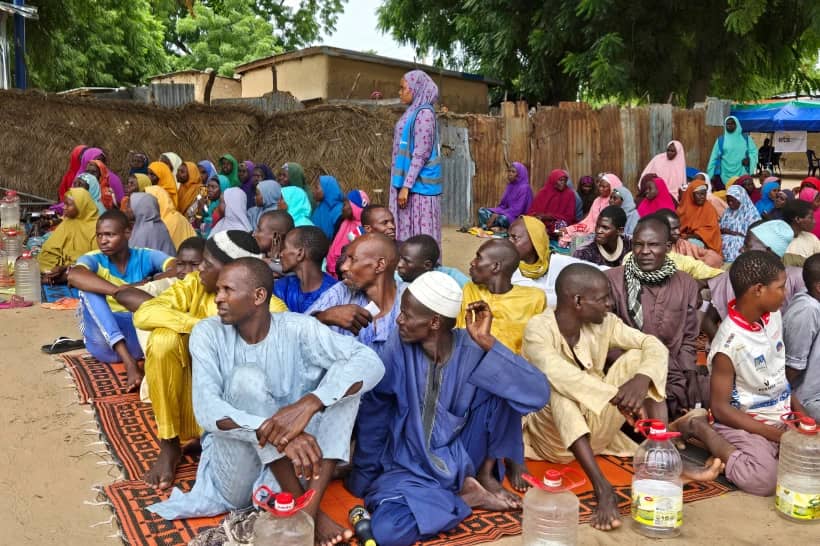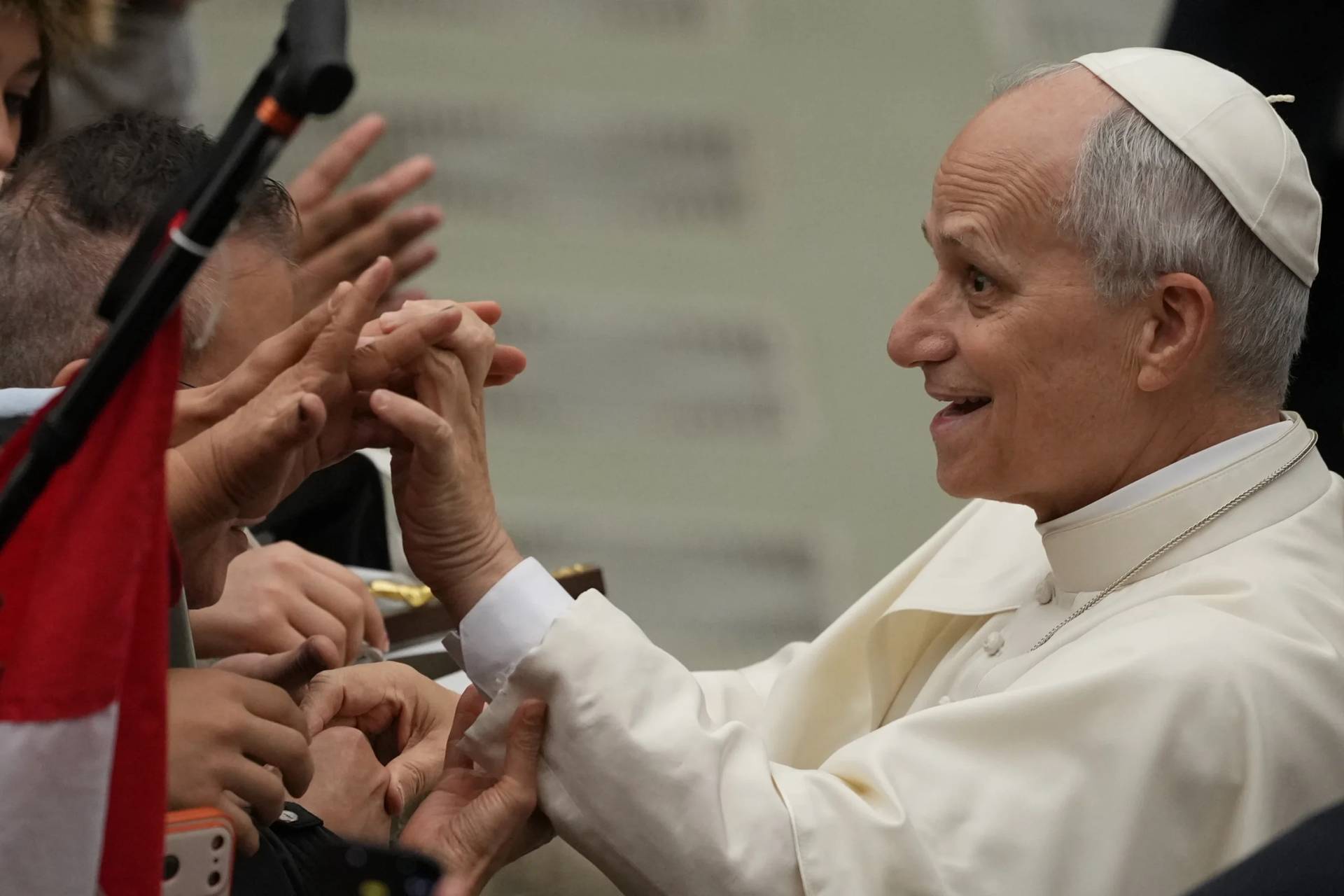BALTIMORE, Maryland — The Jesuit province serving much of the eastern United States on Monday released the names of Jesuit priests who face “credible or established” accusations of sexual abuse of minors dating to 1950.
In a letter, the Maryland Province of the Society of Jesus identified five living Jesuits facing offenses that took place in the province and another eight who are dead. The men — part of a Catholic order that includes more than 16,000 men worldwide — served in churches, high schools, colleges and other institutions.
It’s the latest in a string of similar disclosures from Jesuit governing bodies. Earlier this month, two other Jesuit provinces that cover nearly half the U.S. released the names of more than 150 priests and other ministry leaders found to have “credible allegations” of sexual abuse made against them.
The letter from Father Robert Hussey, the leader of the Jesuit province headquartered in Maryland, states that most cases date back decades and the most recent incident occurred in 2002. The five still alive are listed as living in supervised housing “on a safety plan.” He said in the letter, dated Monday, that the province hopes the disclosure “will contribute to reconciliation and healing.”
“We are deeply sorry for the harm we have caused to victims and their families,” said Hussey, whose statement was attached to the list of names and accusations.
None of the living named Jesuits are in active ministry in the grouping that extends through South Carolina, North Carolina, Georgia, Virginia, West Virginia, southern New Jersey, Pennsylvania, Maryland, and the District of Columbia.
While some of the named Jesuit priests were removed from ministry in the 1990s, others were not removed until well after the U.S. church sex abuse scourge exploded in Boston in 2002. One accused priest, Neil McLaughlin, was not removed from ministry until 2007 despite the fact he is believed to have abused youngsters from his ordination in 1959 until the 1980s, with multiple accusations of abuse from Maryland, Pennsylvania, Georgia, New York and Massachusetts.
Another Jesuit priest, J. Glenn Murray, was only removed from ministry in 2011, decades after he was accused of a single allegation of sex abuse in Baltimore dating from 1981, a few years after his ordination.
David Lorenz, a clergy sex abuse survivor who leads the Maryland chapter of the Survivors Network of those Abused by Priests, or SNAP, said he was glad the Jesuits were putting out a list of abusers so some victims could get some relief and move ahead in their lives. But he stressed that the list was “wholly inadequate,” in his view, and the only way to get all the information about church abuse was through subpoenas by independent investigators.
“Unless you force them to open up their records you can’t believe that what they’re giving you is complete,” Lorenz said in a phone interview Monday.
The Jesuits have previously settled lawsuits across the country, including a $166 million settlement involving about 500 abuse claims in Oregon in 2011, one of the largest settlements involving clergy abuse allegations.
The Jesuit president of Maryland’s Loyola University, Father Brian F. Linnanne, issued a statement Monday that seven Jesuits on the list were previously affiliated with the institution or with Loyola’s Jesuit community. None of the allegations occurred while they were on campus.
“Transparency and openness can reveal weighty truths. We must confront them and address them so we can move forward with optimism, hope, and a conviction that we will never allow such deplorable actions to occur in the future,” he wrote.
In an email, the spokesman for the Baltimore Archdiocese spokesman said there was hope that the “disclosure will advance the culture of transparency that we have worked hard to create and that it will inspire other potential courageous victim-survivors to come forward.”
Catholic bishops adopted widespread reforms in 2002 when clergy abuse became a national crisis for the church in the U.S., including stricter requirements for reporting accusations to law enforcement and a streamlined process for removing clerics.
But a Pennsylvania grand jury this year made very clear that more changes are needed. In a nearly 900-page report released Aug. 14, the grand jury alleged that more than 300 Catholic priests had abused at least 1,000 children over the past seven decades in six Pennsylvania dioceses. It also accused senior church officials of systematically covering up complaints.













